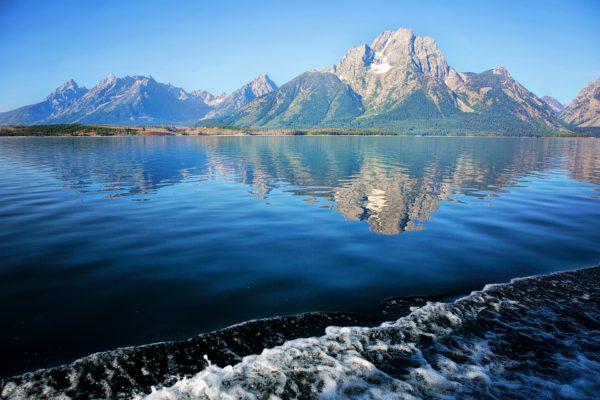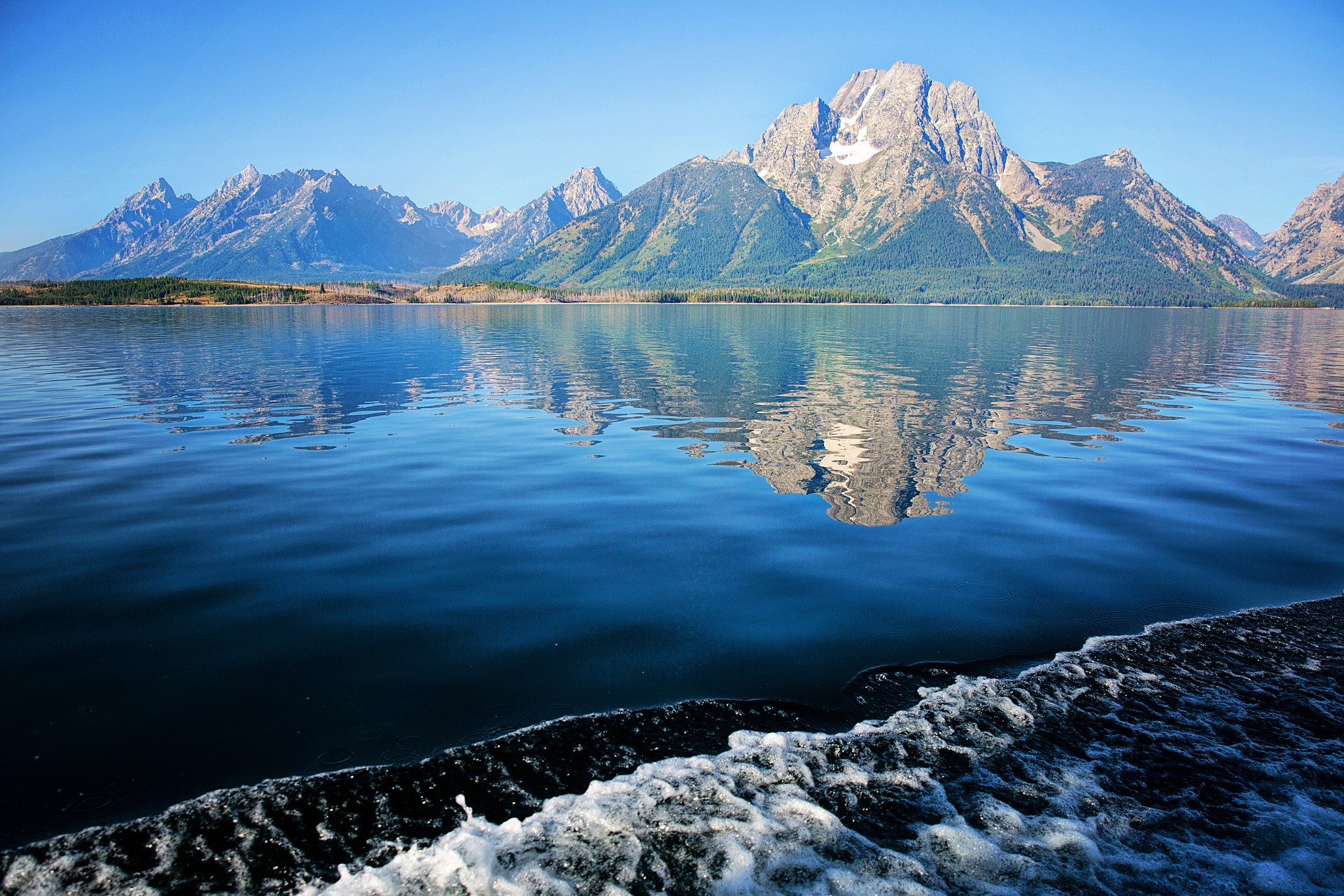Psalm 46:1-2
“God is our refuge and strength, an ever-present help in trouble.
Therefore we will not fear, though the earth give way and the mountains fall into the heart of the sea”
“Hey, it’s me. Just calling to chat, nothing earth-shattering. Call me back when you get a chance.”
Have you ever left a voicemail message like this one? I have countless times. Probably most often, this is a message I would leave for my parents. What I am really saying is, “Don’t be worried that you missed my call. Everything is fine. I’d love to talk to you, but it’s not an emergency.”
Why is it so much less common to use the expression “earth-shattering” in the opposite context? Those phone calls that start out with, “I’m calling from the hospital,” or, “There’s been an accident,” or, “I have your biopsy results.” Moments when it feels like your whole world is actually crumbling. Earth-shattering news. Everything has changed in a moment, and nothing will ever be the same.
The events of 2020 have been a bit like earthquakes that are reshaping what the world looks like. There have been so many that it’s hard to tell the earthquakes from the aftershocks, but it doesn’t really matter because the ground never seems to stop shaking. We’re trying to learn to live with the tremors, but it is hard to ignore the constant reminders of instability.
How, then, can the psalmist say, “we will not fear though the earth give way…”? Some of the deepest, most palpable fear I have felt has been in those moments when the phone rings late at night, when the voice on the other end made my blood feel cold and my muscles tremble. In the last few months, the fear is of a more chronic variety. It whispers and nags, asking what will happen next. Where will the next earthquake strike, and what will be destroyed when it does? The earth is giving way all around us – how can we not be afraid?
“God is our refuge and strength, an ever-present help in trouble.”
Psalm 46 repeats twice that, “The LORD Almighty is with us; the God of Jacob is our fortress” (v. 7, 11). There is a place where the ground is not shaking, and we are invited to make our shelter there. More than any other time in our lives, now is an opportunity to tangibly learn that stability and security is found in God alone.
The image of mountains crumbling and falling into the sea is compelling because mountains are among the largest and sturdiest things we can see with our eyes. I am drawn to mountains, in part because they remind me of God’s greatness and strength. Yet they, too, are changeable. Whether by slow processes of erosion and weathering or by sudden dramatic events such as earthquakes, even the mountains lack the permanence my soul longs for.
“Nations are in uproar,” the psalmist writes (v. 6). Yes, that sounds about right, doesn’t it? If we look to countries, governments, or leaders for shelter we will also be disappointed. These earthquakes are shaking everything that is familiar and it is frightening to realize that we have been seeking refuge in unreliable places.
Psalm 46:10 ranks pretty high on the list of popular and often-quoted Bible verses. “Be still and know that I am God.” It is far less popular to put this verse into the context of the verses before it:
“Come and see what the Lord has done,
the desolations he has brought on the earth.
He makes wars cease
to the ends of the earth.
He breaks the bow and shatters the spear;
he burns the shields with fire.
He says, “Be still, and know that I am God;
I will be exalted among the nations,
I will be exalted in the earth.”
-Psalm 46:8-10
Not all destruction is bad. It is possible that the earthquakes we are currently enduring are tearing down structures and systems that are so mammoth and familiar that we can’t imagine life without them, but God has something better. Perhaps some of our favorite mountains need to be thrown into the sea and the earthquake is the only way to get them there. So that he will be exalted – in the earth and in our lives.

However God is reshaping the landscape of your life and my life as individuals, and our lives collectively, he encourages us to take refuge in him during the messy process and beyond. He reminds us that he is ever-present and wants to dwell with us. He invites us to be still when all around us is constant turbulence.
He offers us peace instead of fear. But in order to take hold of one we must first let go of the other.

Be First to Comment